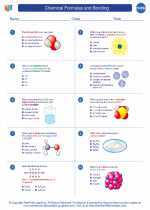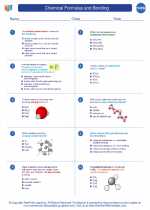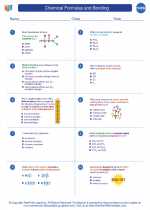Sedimentation
Sedimentation is the process by which solid particles settle out of a liquid or gas. This process is a crucial part of many natural and industrial processes, including water purification, the formation of sedimentary rocks, and the separation of components in chemical engineering.
Key Concepts
- Gravity: Sedimentation is driven by the force of gravity, which causes the heavier solid particles to settle to the bottom of a container.
- Particle Size: The rate of sedimentation is influenced by the size and density of the particles. Larger, denser particles settle more quickly than smaller, less dense particles.
- Fluid Properties: The viscosity and density of the liquid or gas in which the particles are suspended also affect the rate of sedimentation.
- Sedimentation Rate: The rate of sedimentation can be calculated using Stokes' law, which relates the settling velocity of a particle to its size, shape, and the properties of the fluid.
- Applications: Sedimentation is used in various applications, such as water treatment plants, where it is used to separate suspended solids from water, and in the production of pharmaceuticals, where it is used to separate and purify chemical compounds.
Study Guide
When studying sedimentation, it's important to understand the following key points:
- Understand the forces at play: Gravity is the driving force behind sedimentation, so it's important to grasp how this force causes particles to settle.
- Particle characteristics: Learn how particle size, shape, and density influence the rate of sedimentation.
- Fluid properties: Understand how the viscosity and density of the fluid affect the sedimentation process.
- Stokes' law: Familiarize yourself with the equation and its different variables, and how it is used to calculate sedimentation rates.
- Real-world applications: Explore how sedimentation is used in water treatment, mining, and other industrial processes.
By understanding these concepts and studying the applications of sedimentation, you'll gain a comprehensive understanding of this important process.
[Sedimentation] Related Worksheets and Study Guides:
.◂Chemistry Worksheets and Study Guides High School. Chemical Formulas and Bonding
Worksheet/Answer key Chemical Formulas and Bonding
Chemical Formulas and Bonding  Worksheet/Answer key
Worksheet/Answer key Chemical Formulas and Bonding
Chemical Formulas and Bonding  Worksheet/Answer key
Worksheet/Answer key Chemical Formulas and Bonding
Chemical Formulas and Bonding 

 Worksheet/Answer key
Worksheet/Answer key
 Worksheet/Answer key
Worksheet/Answer key

The resources above cover the following skills:
PHYSICAL SCIENCE (NGSS)
Matter and Its Interactions
Students who demonstrate understanding can:
Plan and conduct an investigation to gather evidence to compare the structure of substances at the bulk scale to infer the strength of electrical forces between particles.